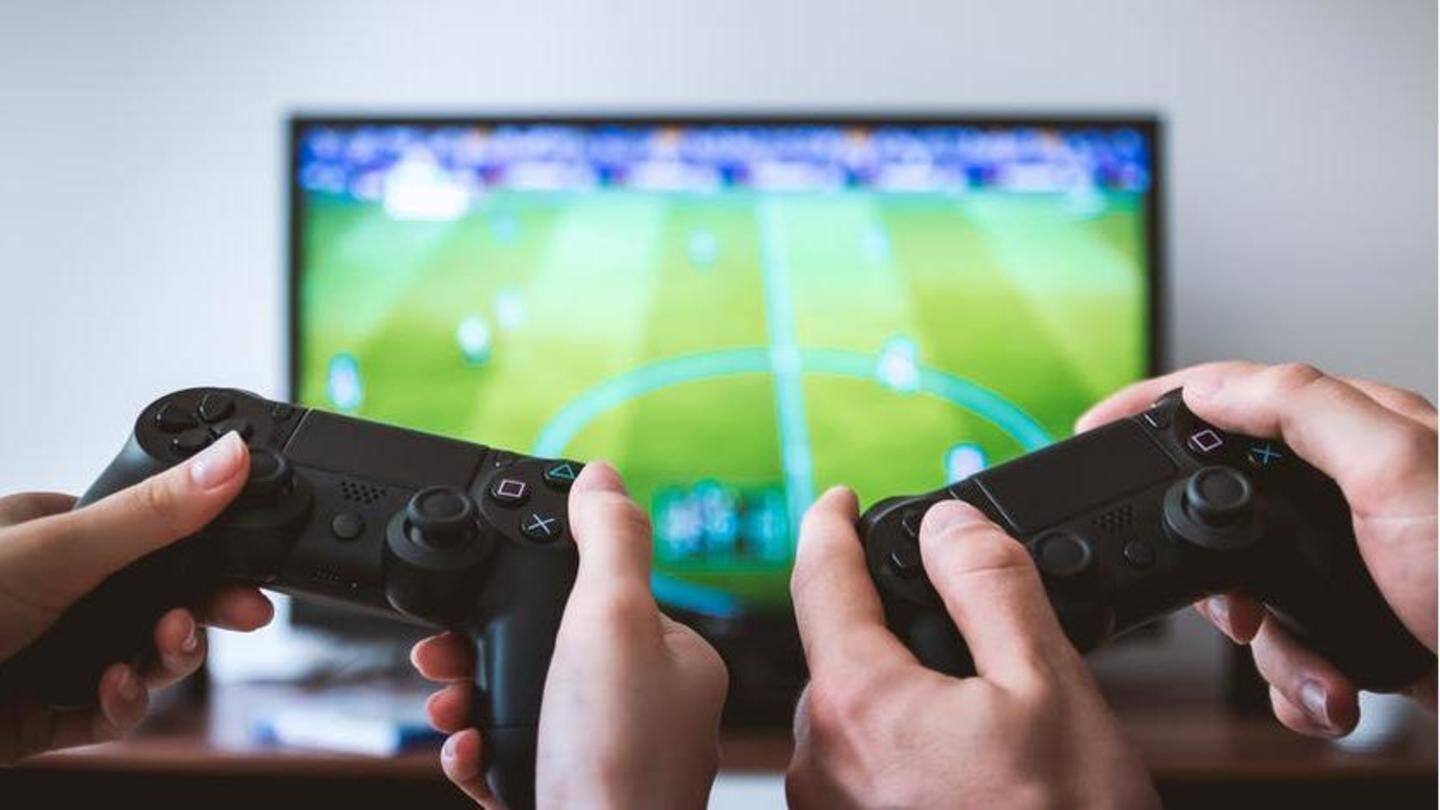
WHO declares gaming addiction to be a mental health disorder
What's the story
Parents are rarely successful in getting their kids off computers, especially if their children are playing games. However, parents have a solid argument now. The World Health Organization (WHO), in the latest edition of its reference bible called the International Classification of Diseases (ICD), has recognized "gaming disorder" as a mental health problem. Here's more about its characteristics and symptoms.
Do you know?
The ICD now covers over 55,000 diseases
The International Classification of Diseases (ICD) has been updated by the WHO over the past 10 years. The latest edition, ICD-11, now covers 55,000 diseases, injuries, and causes of death. ICD-11 is also the first fully electronic ICD, aimed at improving accessibility to its catalog.
Symptoms
The symptoms of gaming addiction, according to the WHO
According to the WHO, gaming addiction has three major diagnostic features. Th first sign is when gaming activities start to push other activities to the periphery. The second is when gaming activities persist despite negative consequences arising out of it. The third condition is when sustained, harmful gaming behavior leads to significant impairment and distress in someone's personal, family, social, educational or occupational functioning.
Diagnosis
It's unlikely that serious gamers are suffering from gaming disorder
The symptoms of gaming disorder are quite similar to those seen in substance use and gambling disorders. Diagnosis, however, has to be done by health professionals, and requires negative gaming behavior to last for at least 12 months. Given these conditions, millions of gamers across the world, including many who indulge in intense gaming, are unlikely to be suffering from gaming disorder.
Treatment
Treatment includes cognitive behavior therapy and psychosocial interventions
Most treatments or interventions for gaming disorder will be along the lines of principles and methods used in cognitive behavior therapy. Additionally, psychosocial interventions like social support, family support, and being understanding towards patients can also help. Ultimately, the WHO hopes that inclusion of gaming disorder in the ICD-11 will pave the way for new research and debate on the topic.